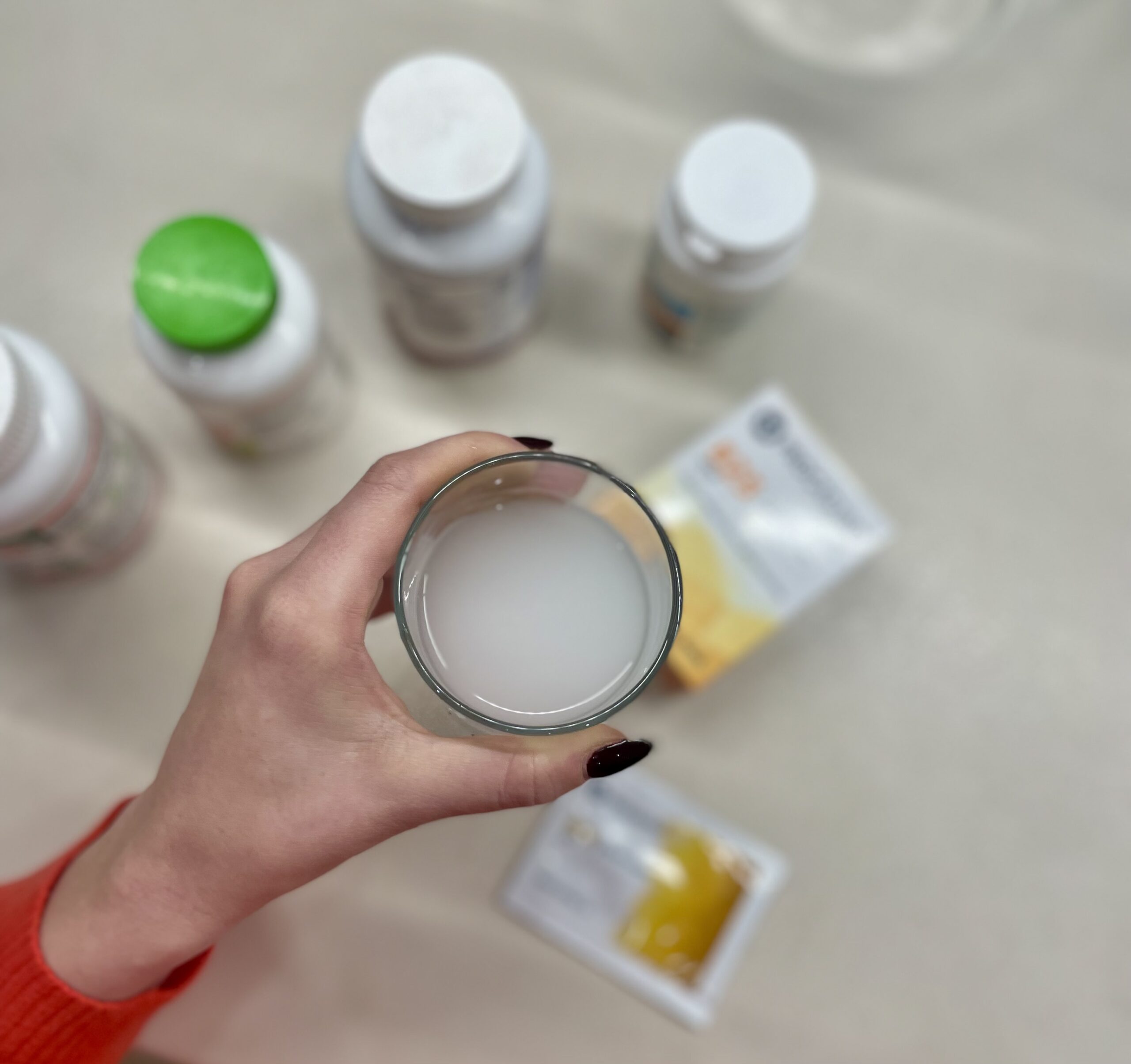
Probiotics: Human's invisible friends or another marketing strategy?
Preconceived notions can be persistent and challenging to change and this also applies to microbes which are all put in the same basket. Let me tell you that probiotic bacteria are a real ally of our health and can even protect us from diseases.
By the end of this article, you will know what are probiotics, what are their health benefits and in which foods you can find them.
What are probiotics?
Probiotics are live microorganisms that provide health benefits when consumed in adequate amounts. They are often referred to as “good” or “friendly” bacteria because they promote a healthy balance of gut microbiota (microorganisms found in the digestive tract).
Probiotics and weight
The intake of probiotics could lead to significant weight reductions, either maintaining habitual lifestyle habits or in combination with energy restriction and/or increased physical activity for an average of 12 weeks. Specific strains belonging to the genus Lactobacillus and Bifidobacterium were the most used and those that showed the best results in reducing body weight. Probiotics have the potential to help in weight loss in overweight and obese populations. (Álvarez-Arraño, 2021).
Probiotics and skin health
Scientists have focused on the investigation of the effect of individual probiotic strains or more complex natural products (e.g., kefir) known to contain a mixture of probiotics but nevertheless also capable of exerting a potent benefit.
Scientific data shows that probiotics can decolonize skin pathogens (while kefir is also shown to support the immunity of the skin and treat skin pathogens through the production of antimicrobial substances and prebiotics. And the consumption of probiotic for few weeks can contribute to the treatment of diseases including allergic contact dermatitis (ACD), acne and photo aging.
Amazing right!
Probiotics and mental health improvement
Several neurotransmitters, such as GABA (gamma-aminobutyric acid), serotonin, and glutamate, are produced in the gut, which are associated with anxiety and depressive symptoms. Mental health and the gut have been linked closely, and many mental illnesses have been associated with gut dysbiosis. Probiotics are marketed to improve gut health, act as mood enhancers, and be effective in reducing stress as unregulated over-the-counter supplements.
However, Studies suggest probiotics could be an effective and economical adjunct therapy; even if due to weak study design and low power, the results are inconclusive.
Where can I find probiotics?
- Yogurt: Yogurt is one of the most well-known sources of probiotics. Look for yogurt with live and active cultures, as these contain beneficial bacteria example.
- Kefir: Kefir is a fermented milk drink that contains a variety of probiotic strains. It’s like yogurt but has a thinner consistency.
- Fermented Vegetables: Sauerkraut, kimchi, pickles, and other fermented vegetables are rich in probiotics. These foods are made by fermenting vegetables with lactic acid bacteria.
- Miso: Miso is a traditional Japanese seasoning made by fermenting soybeans with salt and koji (a type of fungus). It is often used to make soup and adds a rich umami flavor.
- Probiotic Drinks: There are various probiotic drinks available in the market, such as kombucha and water kefir. These beverages are made through fermentation and contain live probiotic cultures.
- Probiotic Supplements: Probiotic supplements are available in various forms, including capsules, tablets, and powders. These supplements often contain a concentrated dose of specific probiotic strains.
- Probiotic-Enhanced Foods: Many food products, such as granola bars, fruit juices, chocolate and even ice cream.
- Dairy-Free Alternatives: Probiotics can also be found in some non-dairy products like almond milk, coconut milk, and soy milk and fruit juices
To sum up: diving into the world of probiotics is like unlocking a secret arsenal for your well-being. Science is totally on board, giving it a green light for enhancing overall health and tackling issues like obesity, skin quirks, low immunity, and more. We’re just waiting for scientists to drop more knowledge bombs on these incredible microorganisms. Stay tuned for the next episode of the probiotic saga!
If you want to dive deeper in this topic check out the scientific articles cited below ↓
Gut Biome and Mental Health: Do Probiotics Work? – PubMed (nih.gov)

Food Cravings: what is it? What are its Causes? And how to handle the craving episode?
Guess which of these foods has more calories

5 remedies to get rid of constipation and bloating. - Nutriphia